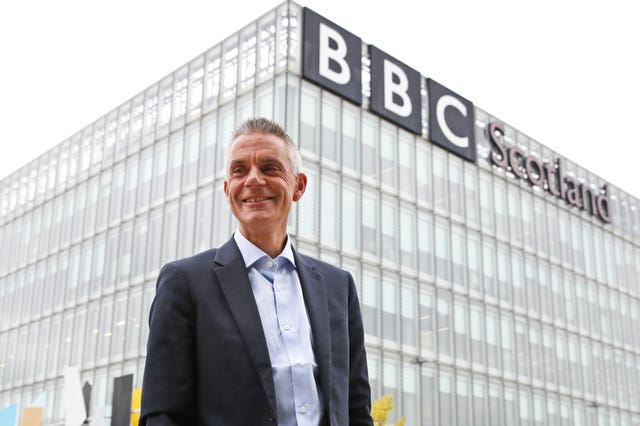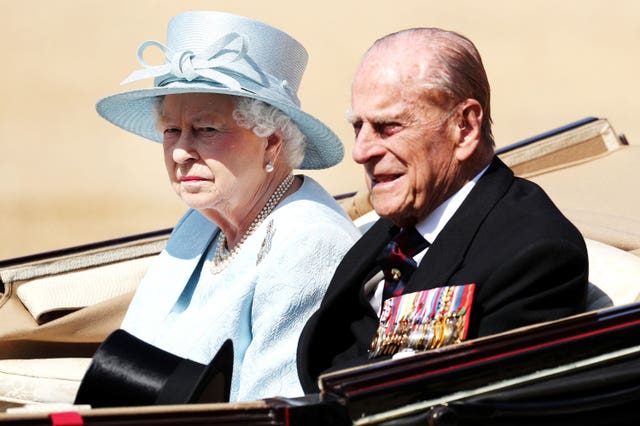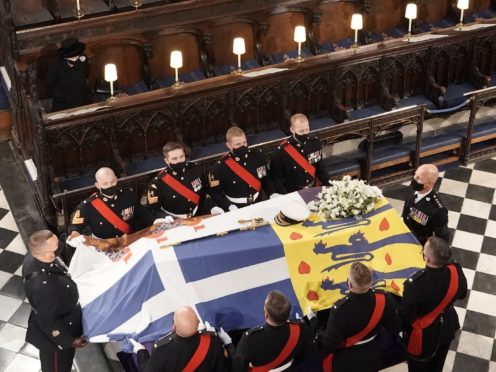The BBC is looking at “lessons to be learned” after its coverage of the death of the Duke of Edinburgh drew a record number of complaints, the director-general has said.
Tim Davie said during a BBC board meeting on April 22 that “viewing on the night of the announcement was lower than expected” at 2.6 million across BBC One and Two.
Some 109,741 people complained about the corporation’s decision to clear its schedules across both channels to run a series of mirrored special programmes.

The complaints are believed to be the highest number ever published in the UK about television programming and made coverage of Philip’s death the most complained-about piece of programming in BBC history.
According to minutes from the meeting, Mr Davie said its coverage had “reflected the role of the BBC as the national broadcaster” and praised the response of the production teams as “accomplished”.
The minutes continued: “The audience for the funeral coverage was very strong delivering a peak of over 13 million viewers, while viewing on the night of the announcement was lower than expected at 2.6m across BBC One and BBC Two.
“The decision to simulcast coverage across BBC One and BBC Two had resulted in a record number of complaints.
“The Executive were looking at lessons to be learned.”
Coverage of Philip’s death on April 9 also took over the BBC news channel and BBC radio stations.

Viewers tuning into BBC Four were greeted with a message urging them to switch over for a “major news report” while BBC Radio 4 and BBC Radio 5 Live also aired programmes about the duke.
The rolling news coverage meant the final of MasterChef was postponed and popular soap EastEnders was also delayed.
The broadcaster subsequently set up a dedicated webpage for viewers to lodge their dissatisfaction at its coverage.
Responding to the minutes, the BBC said it did not have additional comment but pointed towards a statement released on April 15 in which it noted it had received complaints but said it does not make changes to its schedule without “careful consideration”.
The corporation devoted almost four hours to the funeral on April 17, led by broadcaster Huw Edwards, which was watched by an average of almost seven million people.
